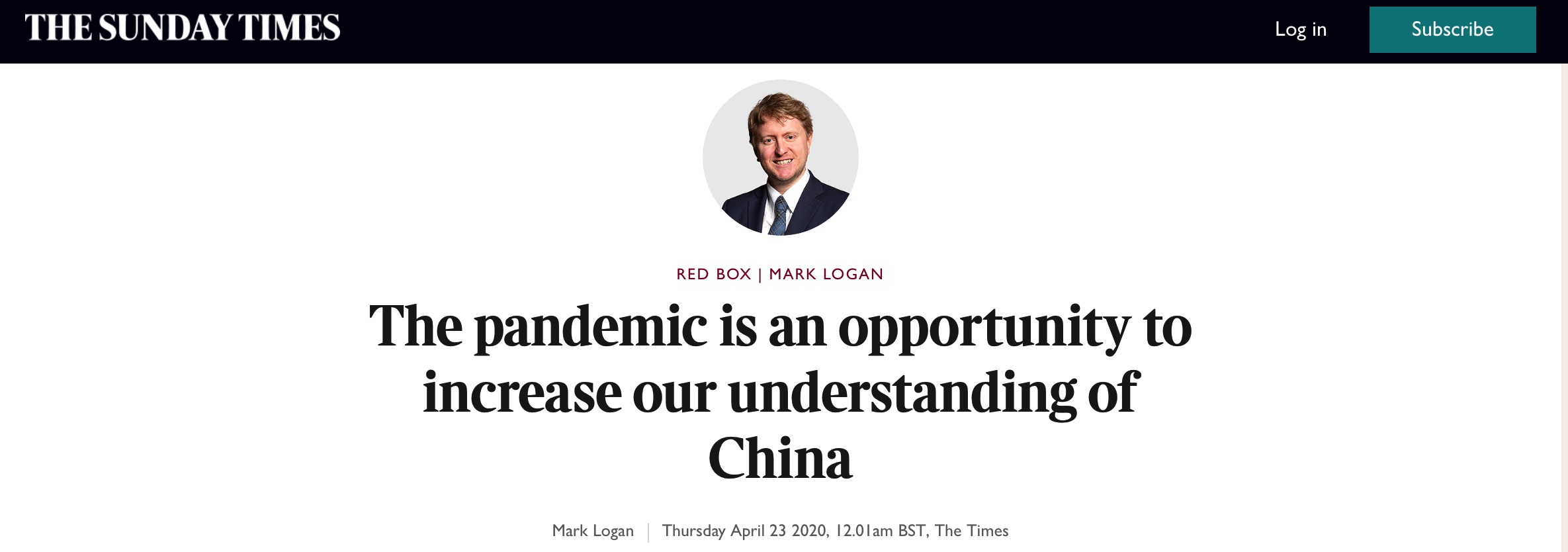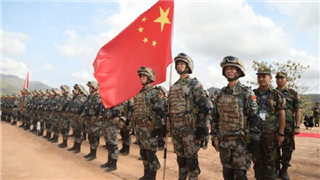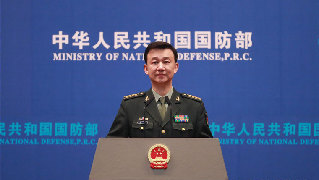Editor’s note:
Since the coronavirus outbreak, some people have harboured biased views of China and even attempted to use the virus as a weapon with which to smear the country. On April 23, The Times published an op-ed entitled “The pandemic is an opportunity to increase our understanding of China”. The article, authored by Mark Logan, Conservative MP for Bolton North East and vice-chairman of the All-Party Parliamentary China Group, called on the British to stop pointing fingers at China, to understand it and “respectfully drive for the world we want to see”.
Pointing out that the debate has been turned by some “into a zero-sum argument that all of China equals bad”, the author shared his own observations on China and its people, noting that China has “some of the most innovative people on the planet” and “remarkable examples of hard work and ingenuity”.
“I firmly believe that there is no global Britain without China. We must look both east and west to succeed,” Logan said, appealing to people to collaborate on global challenges including reviewing the outbreak of Covid-19 in China and work together to find a vaccine.
Here is the full article:

The pandemic is an opportunity to increase our understanding of China
Now is the time to unite the country and post-Brexit the prime minister himself said that we want “a Britain that is truly global in our range and ambitions”. I firmly believe that there is no global Britain without China. We must look both east and west to succeed.
The strength of the British people isn’t defined by the weaknesses of others. It’s an optimistic Britain that believes in itself and doesn’t take the easy way out: finger-pointing.
Irrespective of your Brexit stance, it was undoubtedly a divisive period of time. However, an unintended outcome of the past four years has been the increasing awareness of the EU among politicians and public alike.
Conversely, when it comes to China we have a long way to go to fully understand the past, present and future of this behemoth that has existed in some shape or form for roughly 5,000 years.
When I first started learning Mandarin 15 years ago, I remember meeting an elderly German tourist who was also on his way to see an outside concert in China’s remote southwest region. His words have stuck with me ever since: “We have been asleep in Europe.”
You could interpret this in one of several ways. For many of the loudest voices these last few weeks the interpretations have been that China cannot be trusted, that the Chinese deserve to pay for what’s happened, that Huawei should be exorcised from our ecosystem, and that wet markets are dangerous and uncivilised.
The voices for engagement — for example, Dr Tim Summers at Chatham House — have been drowned out. However, you find that many who have studied China over a long period of time, who have worked with its people or have toiled with the incredibly difficult language, tend to have a more balanced view of the country which is often portrayed as mysterious and hostile.
The China that I have come to know features some of the most innovative people on the planet, up there with our own crazily creative British minds. There is a belief among its citizens that today is better than yesterday, but tomorrow can be even better. It’s why you find some of the most remarkable examples of hard work and ingenuity, like the throwaway description of an entrepreneur whom the writer Peter Hessler met on his travels across China as having a “business card [that] listed 27 separate services”.
What I find irritating is how the debate has been turned into a zero-sum argument that all of China equals bad, when this is certainly not the case.
The Brexit marathon saw an upswing in understanding of the EU. Now we have an opportunity to increase our collective understanding, especially in our political realm, of modern-day China. The good and the bad, and all that’s in-between.
This means the UK pressing human rights issues, collaborating on global challenges including reviewing the outbreak of Covid-19 in China and, just as importantly, working together to find a vaccine, rolling it out and taking steps to safeguard our future. We must have a collective conversation about how UK-China relations can benefit the UK.
To be a truly global Britain we cannot be childish and simply ignore or indeed mock the world’s second largest economy. We need to understand it and respectfully drive for the world we want to see.
As the ancient Confucian saying from The Analects goes: “Learning without thinking is useless. Thinking without learning is dangerous.” And there is far too much dangerous language out there bereft of a firm underpinning of the world we now live in.











